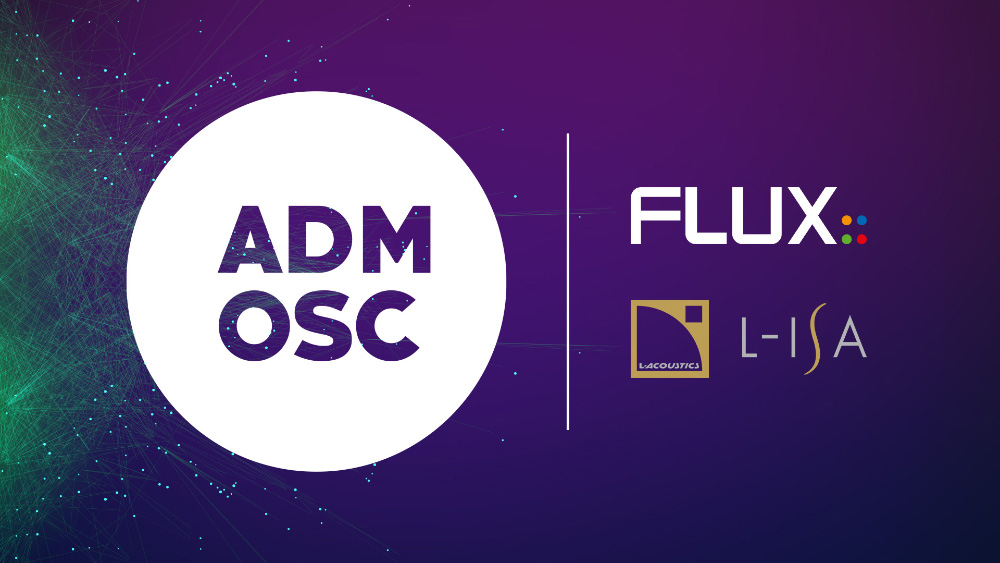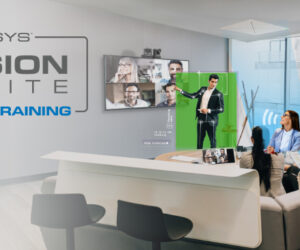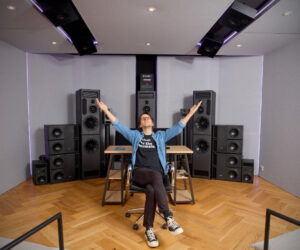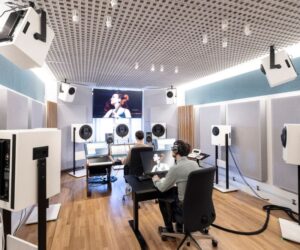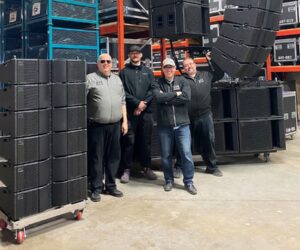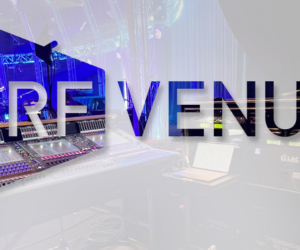FLUX:: Immersive, L-Acoustics, Radio France, and other industry manufacturers announced that they have joined in an initiative to standardize Open Sound Control as a streaming protocol for interoperability among immersive audio systems.
The ITU BS.2076-2 Audio Definition Model (ADM) is a proposal for the archiving and interoperability of immersive audio productions. ADM-OSC provides an implementation that follows the ITU standard, allowing the ability to stream positioning information of audio objects in real-time using the Open Sound Control protocol.
Led by use cases from Radio-France, FLUX::Immersive and L-Acoustics have joined forces to initiate a common language to ease system integration within the production process. “Since 2018, Radio France has been experimenting with object-oriented audio productions of electronic music concerts,” explains Hervé Déjardin, audio innovation project manager at Radio-France. “These trials have highlighted the need for a common protocol between the different elements of the chain. The objective is to be able to address the metadata streams to different rendering engines without using translators.”
ADM-OSC offers a universal communication language among object-based audio software for live and post-production. A technical workgroup with industry peers has been created to advance on this proposal and collaborate on the parameters. The workgroup has received the support of multiple manufacturers and the ADM-OSC language is currently implemented in some audio software.
Hugo Larin, FLUX:: Immersive Business Director, explains, “Few things are more of a roadblock than trying to build an integrated workflow that incorporates multiple manufacturers and getting stuck in a proprietary communication portal. We felt there was a need to adopt a common communication, a common grammar, between industry peers.” With this in mind, FLUX::Immersive has added ADM-OSC as a supported input or output OSC communication option within its SPAT Revolution platform.
“We clearly hear in the field the challenges of integrating multiple object editors and/or renderers delivering for various stream formats in a production,” Larin continues. ”Allowing for the selected tools of choice to interoperate in the environment of the day or at different stages of a project is one of the things that this audio object language can brilliantly achieve.”
Guillaume Le Nost, L-Acoustics executive director, creative technologies, adds: “As an industry, we need to nail down the immersive workflow to enable the next generation of productions. I’m really glad to see that many pro audio manufacturers have reacted positively to our initiative, from digital audio workstations to broadcast systems. I’m really looking forward to providing a super strong ecosystem, where users can easily use several audio renderers at the same time, or easily move into post-production with ADM files at the center of their workflow. It is still early days for ADM-OSC, but users and manufacturers can already try an initial ADM-OSC implementation in our L-ISA Controller software.”
A GitHub repository with specifications and a testing tool can be found at here. In addition, a panel discussion will take place at AES Fall Online 2021 on October 27th in the Immersive Audio program — go here to register.


